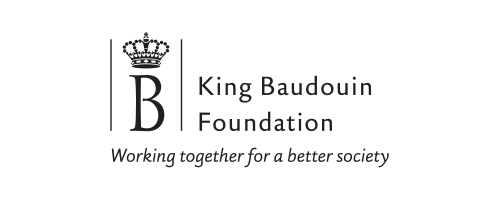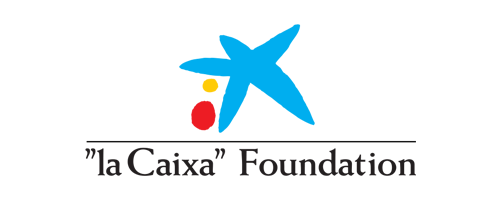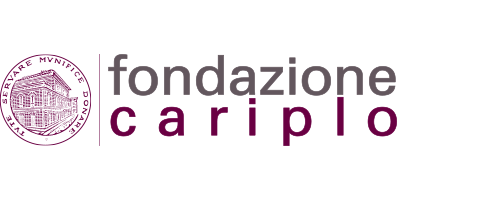Between December 2015 and March 2016 four pre-selection rounds took place to reduce the amount of applications from 214 to 15. After the eligibility check the projects were assessed on their contribution to a Responsible Innovation philosophy:
- whether the research team is able to articulate how the project contributes to a societal challenge;
- the level of inclusion the team has adopted with respect to stakeholder orientation;
- the extent to which the team has given follow-up on new insights it has gained throughout the research project.
Subsequently the selected projects were analysed in-depth regarding:
- The scientific quality and results obtained to date by the researcher or research team.
- Successful integration of the RRI process requirements at various stages of the research process:
- Diversity & inclusion: the research team involves a wide range of stakeholders (researchers, citizens, policy makers, industry, educators, etc.) throughout the research process, pertinence of involvement and clear articulation of the balance regarding under and over inclusion.
- Anticipation & reflection: the research team incorporates a systematic learning approach to conduct adequate analysis of the present research avenue and possible alternatives with respect to the research context (societal role, diverging problem definitions…), addressing ethical, legal, social and/or environmental aspects, envisioning plausible futures and facilitating deliberation on values, perceptions, needs and interests.
- Responsiveness & adaptive change: the research team has instigated a systematic learning system to include and translate new information, circumstances and insights into the research in order to respond to changing values of stakeholders and the general public.
- Openness & transparency: the research team can express it has taken clear measures aiming at proper, honest and clear communication of information (given the rules of confidentiality and non-disclosure) about processes, roles, content and results and give transparent public information in order to facilitate fast innovation, constructive collaboration among peers and productive dialogue with civil society.
- Replicability of the methodology.
On March 4th the independent
jury selected the fifteen most inspiring and promising
research and innovation practices.




















